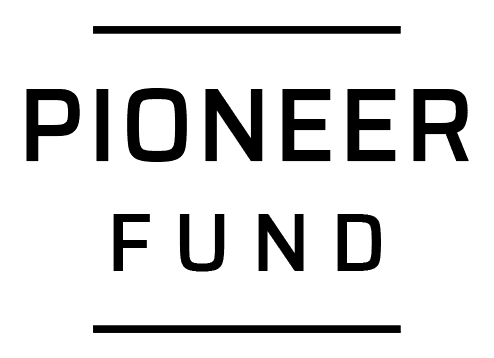MedHacks: Using Wearables To Predict Heart Attacks
A few weeks ago we met Vishal, a recent engineering graduate who wanted to use Terra API as part of his MedHacks hackathon project, Cardio Clarity. We caught up with him recently to see how he was doing.

Hey Vishal, hows it going?
Hey there, I'm good! I just wrapped up my degree in engineering from Uka Tarsadia University. You know, it's been a long few years but it's definitely worth it. There's something amazing about being able to impact people all over the world, I'm always on the lookout for opportunities where I can make a real difference.
Can you tell us a bit about Cardio Clarity?
Oh, Cardio Clarity! That's a project that's really close to my heart. It actually came about because of my mom's struggle with high cholesterol. The idea is to use wearable tech to give people a heads-up if they might be at risk for heart issues, even if they can't get to a doctor right away. We're tapping into data from wearables to give folks crucial health insights when they need them most. I built it using NodeJS, really focusing on making it accessible and practical for everyday use.

How does it work behind the scenes?
Cardio Clarity is pretty advanced in its functionality. It first establishes a baseline for your ECG and then continuously monitors any changes over time. But there's more happening behind the scenes. I've incorporated various health metrics such as heart rate, stress levels, SpO2, and sleep patterns, and compared them against a standard dataset. For instance, a healthy individual might have a heart rate between 70-120 bpm, a stress level around 40, SpO2 at 80, and an ECG range of 60-120 bpm, along with healthy sleep data. We then compare your data against these benchmarks and score it on a scale from 0 to 10. If the score falls below 4, Cardio Clarity will alert you to potential health risks. It's like having a personal health detective on your wrist!

What was the most exciting part of this project?
What really got me excited about this project was hearing how Apple’s ECG feature actually saved someone’s life. It hit me just how powerful this tech could be if we made it more accessible. Apple’s watch uses a single lead for ECG readings, which is cool, but I’m toying with the idea of using multiple leads to boost accuracy and reliability. I know traditional medical ECGs use 12 leads for detecting heart issues, so this won’t be as precise, but I think even a small improvement in wearable tech could make a big difference.
Is this your first hackathon project?
Nah I've done a few already. I developed this feedback system for anonymous reporting. It was mainly designed to help fight corruption in places like India. The idea is to give people a safe way to report issues without revealing their identity, and then we forward that information to the higher-ups. It's all about giving people a voice and helping prevent exploitation, especially in developing countries where folks can be more vulnerable. It's not as flashy as Cardio Clarity, but I think it's just as important in its own way.
Where do you want to take Cardio Clarity in the future?
Oh man, I've got big dreams for Cardio Clarity. I'm really excited about bringing AI and machine learning into the mix. Imagine if we could create this huge dataset from all sorts of wearable devices. We could refine our predictions and make the system even more reliable. The goal is to keep improving the accuracy and get this tech into as many hands as possible. Who knows? We might just change the game in preventive healthcare.
If you want to stay up to date with the latest on Cardio Clarity you can find Vishal at his LinkedIn, Twitter or checkout this article he wrote about the project!





